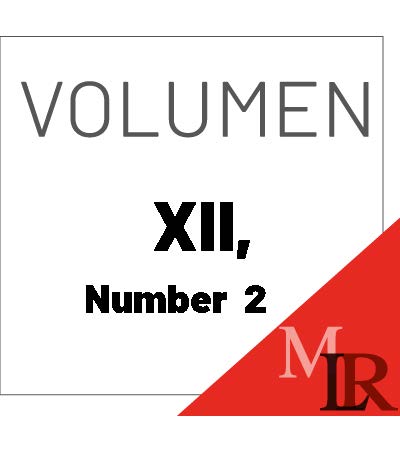Mexico and the United States in a Comparative Situational Approach
Main Article Content
Abstract
This article performs a comparative analysis of the constitutional bases of the Mexican and U.S. legal systems, and how they are expressed in two case studies. Both case studies deal with human rights as expressed through a community’s relationship to territory. However, the communities in question are differentiated by their status as legal subjects. The U.S. case examines a community primarily comprised of European-American descendants; the Mexican case considers an indigenous community. Nevertheless, in both cases State involvement occurs that favors the interests of energy companies, rather than the expressed interests of the communities. The Mexican case documents an attempt to apply energy reform measures, without taking into account the rights of indigenous communities. The U.S. case shows how legal constructs have evolved to structurally favor corporate interests at the expense of human rights. These examples are used to demonstrate how democratic ideals, ostensibly protected by Mexican and U.S. constitutional systems, remain unfulfilled. While the case studies discuss how the law and the State relate to the governed, particularities exist due to the practices and procedures of the distinct governing bodies involved, and because the governed peoples - a community of European-American descent and an indigenous community in Mexico - are different legal subjects before the law. These are areas for future comparative analysis and beyond the scope of this article.
Article Details

Este obra está bajo una licencia de Creative Commons Reconocimiento-NoComercial-SinObraDerivada 4.0 Internacional.




















